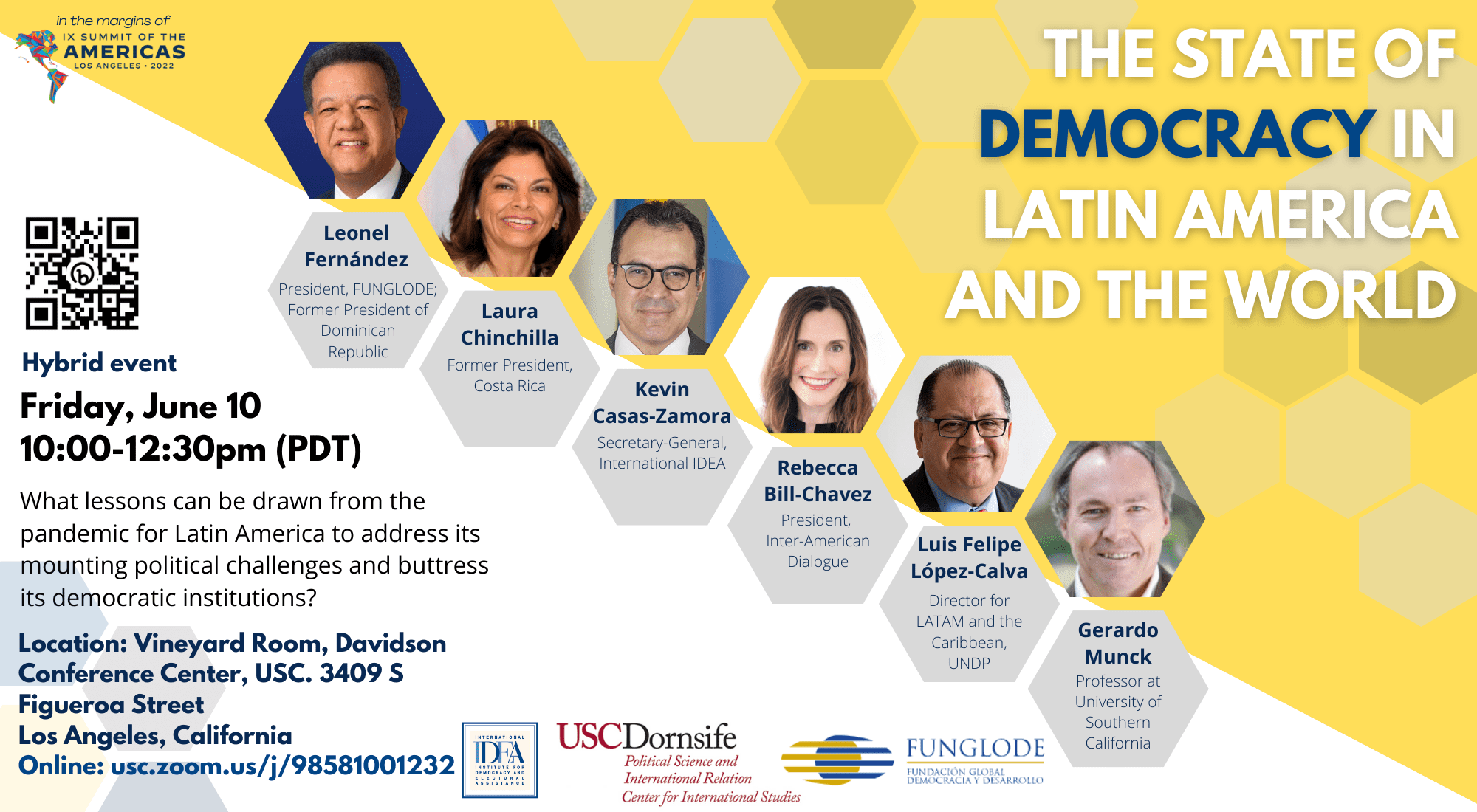Developing countries face significant challenges when it comes to modernizing their political institutions. These challenges include a lack of political culture, weak institutions, economic instability, ethnic conflict, a self-serving political elite, limited resources, weak democratic institutions, lack of education, geographic isolation, and resistance to change. To create a more stable and effective political system, developing nations must overcome these obstacles and invest in strong democratic institutions. By doing so, they can better serve their citizens and build a more prosperous future.
10 Challenges Facing Developing Countries in Political Modernization
Developing countries face a wide range of challenges as they seek to modernize their political institutions. In many cases, these nations are searching for ways to create stable democratic governments that can better serve their citizens. However, political modernization is never an easy task, and there are many obstacles that must be overcome.
1. Lack of Political Culture
One major challenge facing many developing countries is a lack of political culture. Citizens may not be familiar with the idea of democratic governance or the importance of participation in the political process. This can lead to a lack of engagement and involvement, making it difficult to create a stable and effective political system.
2. Weak Institutions
Another challenge is the weakness of political institutions. Many developing countries lack the strong institutions necessary to effectively govern, including an independent judiciary, a free press, and a strong civil society. This can lead to corruption, cronyism, and a lack of accountability.
3. Economic Instability
Economic instability can also create challenges for political modernization. A weak economy can lead to unrest, while economic inequality can create divisions that are difficult to bridge. Additionally, countries that are highly dependent on one or two industries may struggle to diversify their economy, creating long-term risks to stability.
4. Ethnic Conflict
Ethnic conflict can also pose challenges to political modernization in developing countries. In many cases, ethnic divisions have deep roots, making it difficult to create a truly representative government that serves the needs of all citizens. Ethnic tensions can also lead to violence and instability, making effective governance more difficult.
5. Political Elite
The political elite can also be a challenge to political modernization. In many developing countries, politicians and government officials may be more focused on their own interests than the needs of their citizens. This can lead to corruption, cronyism, and a lack of accountability.
6. Lack of Resources
Many developing countries have limited resources, making it difficult to invest in modernizing political institutions. This can make it difficult to attract and retain skilled professionals, and to develop the infrastructure necessary for effective governance.
7. Weak Democratic Institutions
Even when democratic institutions exist, they may be weak and ineffective. This can be due to a lack of support from the government or the public, as well as a lack of resources. Weak democratic institutions can make it difficult to create a stable and effective political system.
8. Lack of Education
Lack of education can also create challenges for political modernization. Citizens who are not educated may be less likely to engage in the political process, or to fully understand the implications of political decisions. This can make it difficult to create a truly representative and effective government.
9. Geographic Isolation
Geographic isolation can also be a challenge for political modernization. When communities are isolated from each other, it can be difficult to create a coherent national identity or to build a stable and cohesive government. It may also be more difficult to provide government services to remote communities.
10. Resistance to Change
Finally, resistance to change can pose challenges to political modernization. In many cases, those in power may resist efforts to create more democratic institutions or to reduce corruption. This can make it difficult to create lasting change and to build a stable and effective political system.
Conclusion
Political modernization is never an easy task, especially in developing countries. However, by addressing these challenges head-on and working to create strong and effective democratic institutions, developing nations can better serve their citizens and build a more stable and prosperous future.
